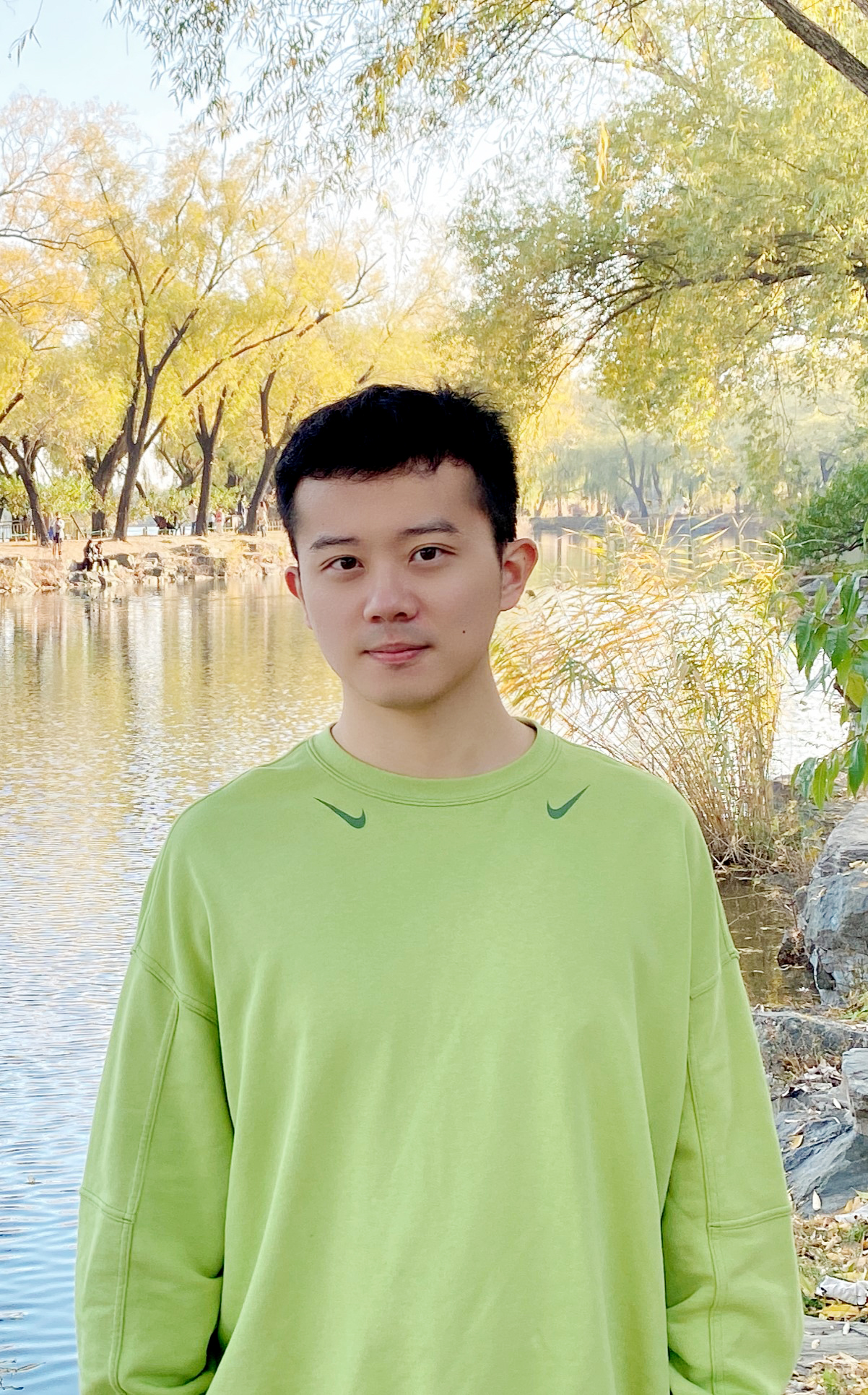
E-mail: yanghang@cibr.ac.cn
Experiences: Hang finished his computer science and electrical engineering undergraduate studies at the University of Electronic Science and Technology of China, where he received his Ph.D. in biomedical engineering, under the guidance of Prof. Bharat Biswal. He has worked on several projects during his Ph.D. career, including individual grey matter networks (T1-MRI), whole-brain psychophysiological interactions (task-fMRI), dynamic functional brain states measured by coactivation patterns, and utilized these approaches to study the altered structure and function networks in schizophrenia. Hang is currently exploring the typical and abnormal development of youth brain structure and functional networks.

E-mail: liyang2@cibr.ac.cn
Experiences: During her PhD, Yang investigated the neural mechanisms in ADHD, and working memory training procedures, with supervision from Professor Jun Li. Her current work focuses on the development of executive function in children and adolescents.

E-mail: zhangshen@cibr.ac.cn
Experiences: Shen focuses on non-invasive methods to assess brain activity and identify cognitive clinical diseases from the perspective of functional connectivity and networks, including brain injury and cognitive impairment in the elderly.

E-mail: lizhilin@cibr.ac.cn
Experiences: Zhilin is a passionate young researcher who believes in the power of light, specializing in brain network-guided transcranial photobiomodulation (tPBM).His work combines brain network theory with photobiomodulation techniques to study how light-driven neuromodulatory signals propagate across large-scale neural networks. He seeks to elucidate the mechanisms underlying tPBM and to evaluate its potential as a novel, non-invasive intervention for modulating abnormal cognition and neural activity in children with neurodevelopmental disorders.

E-mail: xulongzhou@cibr.ac.cn
Experiences: Longzhou is a Ph.D. student in Cui lab. He has earned his bachelor's degree in Applied Physics, and a master's degree in Theoretical Physics. His research interests include: studying dynamic behavior and structure-function relations in the brain through statistical physics and complex network dynamics.

E-mail: shaochunhui@cibr.ac.cn
Experiences: Chunhui loves math! He majored in mathematics during his undergraduate years. He is interested in developing and applying those lovely and elegant theories to solve some practical problems in neuroscience, especially how white matter connectivity supports dynamic activity of brain regions. Now he is studying the brain network organization principles using tools from algebraic topology.

E-mail: xuxiaoyu@cibr.ac.cn
Experiences: Xiaoyu graduated from Sun Yat-Sen University and explored the brain structural mechanisms of dyslexia during her master's years. For future studies, she expects to study the development of structural networks in children with developmental disorders.

E-mail: congjing@cibr.ac.cn
Experiences: During her master's, Jing focused on the brain network's connectivity patterns of ASD. In the future, she will encompass neural modulation through network control theory models, and the structural brain networks related to executive functions.

E-mail: xuhaoshu@cibr.ac.cn
Experiences: Haoshu has earned a bachelor's degree in Data Science and Big Data Technology. In his upcoming research, he aims to explore the relationship between structural connectivity and functional connectivity in the brain.

E-mail: jiahai@cibr.ac.cn
Experiences: Hai has earned the bachelor's and master's degree in mathematics. Now, his main research include the regulation and optimization of individual TES , and study the structure-functional brain network of executive function.

E-mail: tanlirou@cibr.ac.cn
Experiences: Lirou has earned the Bachelor's degree in Literature and the Master's degree in Psychology. In her future research, she expects to explore the behavioral and brain developmental trajectories of executive functions in children and adolescents.
 TOP
TOP